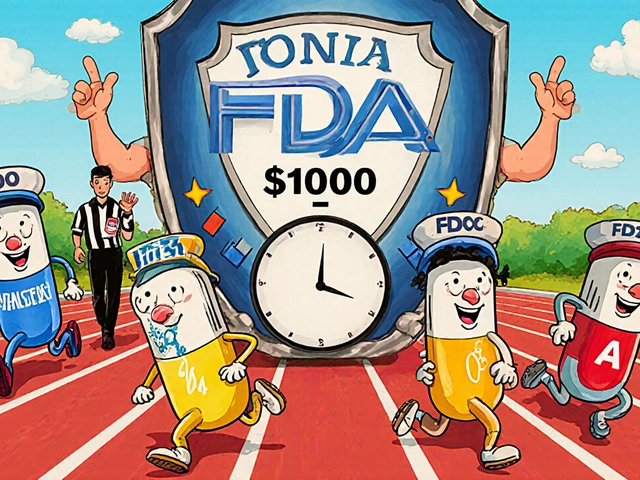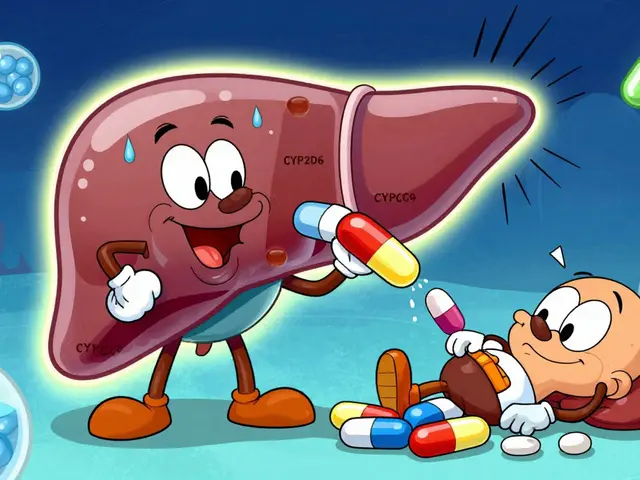Renal Failure: Simple Guide to Symptoms, Treatment & Everyday Tips
If you’ve ever wondered why your doctor keeps mentioning kidneys, it’s because they do a lot more than just filter waste. When they start failing, the whole body feels the impact. This page breaks down what renal failure is, how you can spot it early, and what steps help keep life comfortable.
What Is Renal Failure?
Renal failure, also called kidney failure, happens when your kidneys can’t clean blood effectively. It can develop fast (acute) or creep up over years (chronic). The main job of kidneys is to balance fluids, electrolytes, and get rid of toxins. When they slip, you might notice swelling, tiredness, or changes in urine.
Common causes include high blood pressure, diabetes, repeated infections, and certain medicines that hurt kidney tissue. Sometimes genetics or a long‑term blockage can be the culprit too. Knowing the cause helps doctors pick the right treatment path.
Living With Kidney Disease
Spotting early signs saves a lot of trouble. Look out for puffiness around eyes or ankles, unexplained weight gain from fluid buildup, and a persistent itch that isn’t skin‑related. Darker urine, frequent trips to the bathroom, or a sudden drop in energy are also red flags.
Doctors usually run blood tests (like creatinine and eGFR) and a urine analysis to confirm how well kidneys are working. Imaging scans can show structural problems, while a kidney biopsy might be needed for tricky cases.
Treatment options depend on how far the disease has progressed. Early stages focus on controlling blood pressure, managing blood sugar, and cutting out harmful meds. When function drops below 15% of normal, dialysis or a transplant becomes necessary. Dialysis comes in two flavors: hemodialysis (machine‑based) and peritoneal dialysis (fluid in the belly). Both clean blood but differ in schedule and lifestyle impact.
Beyond medical procedures, everyday habits make a big difference. A low‑sodium, moderate‑protein diet eases kidney workload; fresh fruits, veggies, and whole grains are usually safe choices, but you’ll need to watch potassium and phosphorus levels if labs say so. Staying hydrated is key, yet fluid limits might be set once dialysis starts.
Medications such as ACE inhibitors or ARBs help protect remaining kidney tissue, while phosphate binders control bone‑related issues that arise from low kidney function. Always discuss any new supplement with your doctor—some over‑the‑counter products can worsen kidney health.
Emotional support matters just as much as physical care. Joining a kidney‑failure forum, talking to a counselor, or simply sharing experiences with family can reduce the feeling of isolation. Many patients find that keeping a symptom diary helps them notice patterns and communicate better with their healthcare team.
In short, renal failure is serious but manageable when you know what to look for and act early. Keep an eye on your blood pressure, watch your diet, stay on top of doctor appointments, and lean on community resources. With the right plan, you can keep living a full, active life despite kidney challenges.




